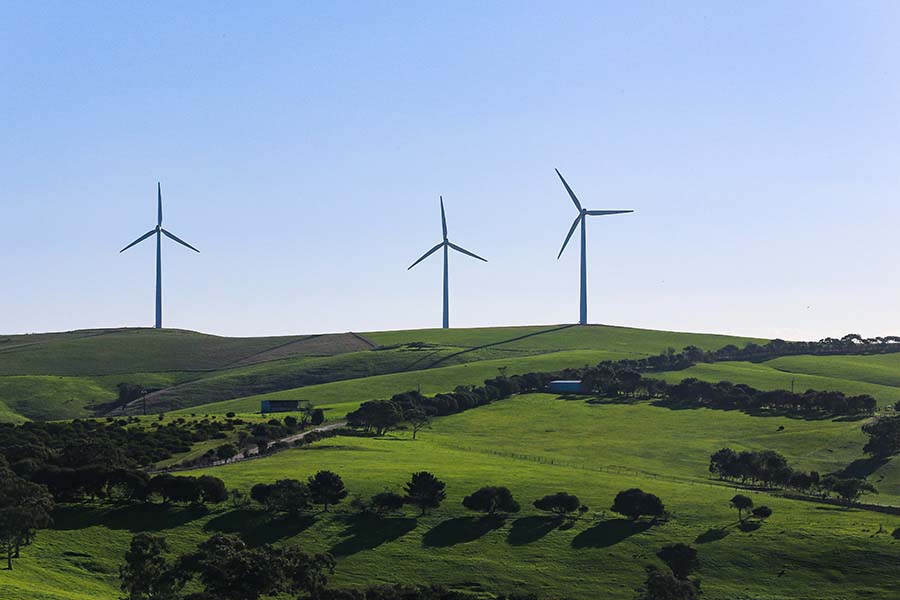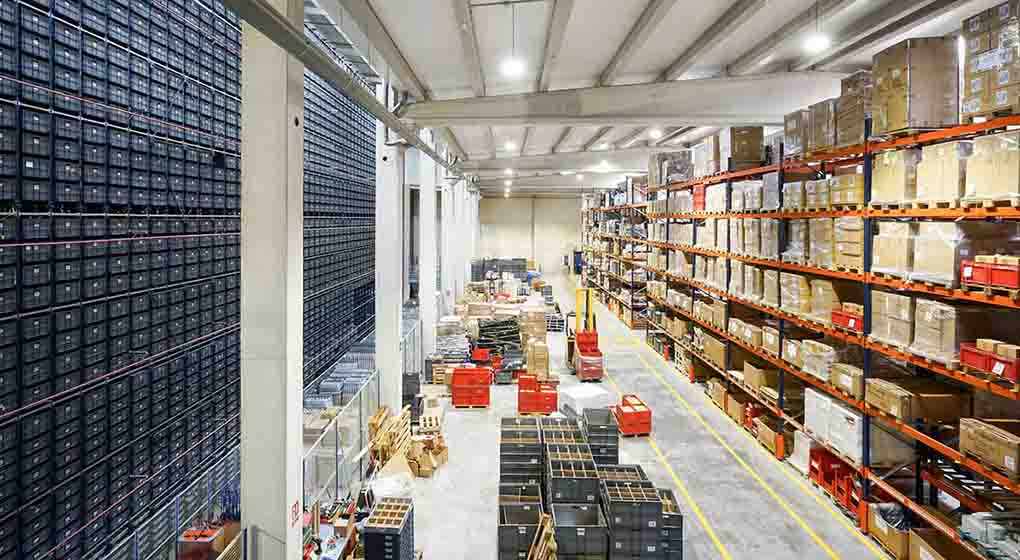The fastest growing industries in Australia
The fastest growing industries in Australia
The rate of change in the business world is getting faster and faster. New industries are emerging while older ones are losing momentum. If you’re in the process of applying to university or postgraduate study, it is good to know which industries will have employment opportunities, good salaries, and job security after you graduate. So, what are the fastest growing industries in Australia?
1. Healthcare and Social Assistance
The Health Care and Social Assistance industry is Australia’s largest and fastest growing industry. Healthcare includes all services offered by hospitals, specialist medical services, and other allied health services such as dental and optometry. Roles in healthcare and social assistance include registered doctors, nurses, health service managers, resident medical officers and aged and disabled carers.
Over the 5 years to 2026, employment in Health Care and Social Assistance is projected to grow by 15.8%, (which is higher than the national average growth rate). Aged and Disabled Carers in particular have a projected employment growth of 28%.
The growth in this industry is supported by continued investment in public health, continuous demand generated by the National Disability Insurance Scheme as well as the increasing ageing population in Australia.
The Australian Government spent a record $106 billion in healthcare for 2022 and 2023 and has increased spending to $137.6 billion from 2023 to 2024 to improve healthcare services across the country.
2. Software and Analytics
The recent pandemic accelerated the need for businesses to adopt digital technologies to continue business operations, meet customer product and service needs and allow their employees to work from home. The International Data Corporation forecasts that investment in digital technologies will increase from $172 billion in 2023 to $261 billion in 2030 (I.e. 6.1% increase every year).
Critical technologies such as artificial intelligence, robotics and data analytics are essential for economic growth and will affect 95% of Australian workers in the way they work. This means a high demand for Information & Communication Technology (ICT) professionals to help the workforce adjust and embrace the next stage of digital disruption.
ACS Australia's Digital Pulse 2023 forecasts that 1.8 million new tech skills will be needed by 2030, an increase of 1.3 million on today’s levels. Australia will need 445,000 more technology skilled workers by 2030 to be competitive with international economies.
Technical skills associated with AI and advanced data analytics will dominate, with demand for data science and machine learning growing at a forecast yearly rate of 37% and 36% respectively. Skills in cloud solutions and software development will continue to be an important part of different industries.

3. Education and Training
The education and training industry provides teaching and services to students from preschool, high school, university, vocational education and training, adult and community education, and private tuition. Roles in this industry include teachers, lecturers, trainers, instructors, and career counsellors.
Education is Australia’s fourth biggest export valued at $26.6 billion. Employment in Education and Training is projected to increase by 13.4% from 2021 to 2026 as international students and the growing demand for adult and community education continue. ABS Job Vacancy Survey data revealed that job vacancies grew by more than 25% in the past 12 months.
The Australian government is committing $4.1 billion for a 5-year National Skills Agreement and $400 million to support 300,000 TAFE and VET places to become fee-free. This will total investment to $12.8 billion over 5 years that will support people with secure well-paid work and skills in demand.
4. Renewable Energy
The world is embracing renewable energy sources to enable environmental sustainability. Considerable investments have been made in clean-energy technologies such as solar, wind, and hydro. A Bloomberg report revealed that global new investment in renewable energy skyrocketed to US$358 billion in the first 6 months of 2023.
In 2021, the Australian Government released their Long-Term Emissions Reduction Plan which committed to delivering 100% renewable energy by 2030 and net-zero emissions by 2050. According to the Million Jobs Plan, it is estimated that over $1.8 million worth of jobs will be created in renewable energy and low emissions projects within Australia over the next 5 years. Roles in the clean energy sector include engineers, environmental scientists, mechanics, construction workers and Research and Development Managers.
Clean energy jobs are so important to Australia’s future that the government has developed the New Energy Apprentice Support Payment which offers up to $10,000 to encourage students to gain valuable skills in the sector.
Wind farm construction in Australia has experienced remarkable growth with revenue expected to reach $3.5 billion in 2023-2024. The solar power industry is forecasted to have a compound annual growth rate of 20.45% until 2027.
Currently, 32.5% of Australia’s electricity is renewable, employing over 28,000 people but is expected to grow to 45,000 by 2025. By 2035, renewable energy could meet almost 90% of the demand, creating thousands more jobs over the next decade.

5. Construction and Engineering
The Construction industry covers planning and building everything from housing, hospitals and office blocks to roads, schools and utilities. Over the past 10 years, employment in this industry has increased by more than 30%. The construction industry is said to grow by 6.8% by November 2025.
In Australia, state and federal government funding for infrastructure projects is expected to rise from US$163.34 billion to US$213.31 billion by 2028.
Many of the jobs will be trade-related such as electricians, masons and plumbers but there are roles for construction managers, architects, and structural engineers.
6. Tourism
With borders re-opening around the world, the tourism industry is now enjoying a boom. Tourism Research Australia predicts expenditure by international visitors will exceed pre-pandemic levels in 2024 and will reach $48.8 billion by 2027.
The government’s long-term national strategy for the visitor economy, THRIVE 2030, aims to achieve pre-pandemic visitor spending of $166 billion by 2024 and grow it to $230 billion by 2030.
According to IBISWorld, inbound tour operators in Australia are expected to experience revenue growth of 87.1% while aviation, online travel bookings, travel insurance, and foreign currency exchange services will recover quickly as more people travel around the world for their holidays and studies.

7. Cyber security
With people’s lives becoming increasingly integrated with digital technology, it is a high priority for companies to protect their customer’s data and other sensitive information against the rising rate of cybercrime. Issues such as ransomware, AI, machine learning, and cloud computing have resulted in cyber security solutions becoming an essential part of every organisation.
The Australian cyber security market size is estimated at US$5.99 billion in 2023 and is expected to reach US$13.95 billion by 2028.
Cyber security specialists are in high demand and globally there is an ongoing shortage. The 2022 report by ISC2 found that although the global cyber security workforce grew by 6.7%, the workforce gap grew by 26.2%. In Australia, the cyber security workforce grew by 6.7% but the workforce gap grew by 57.5%!
The Australian Cyber Security Growth Network (AustCyber) predicts that by 2026, Australia will need an additional 18,000 skilled workers in cyber security.
8. Ecommerce
Australians are spending more online than instore. Australia is the 11th largest ecommerce market in the world and revenue is predicted to reach US$32.3 billion by 2024.
The global ecommerce growth rate is expected to be 9.4% in 2024 and in 2027 total sales will surpass US$8 trillion for the first time.
According to McKinsey, ecommerce has grown two to five times faster than before the pandemic. Chatbots, virtual reality and other digital technology advancements are changing the industry to keep up with consumer demands. Roles in this industry include ecommerce manager, operations manager, business analysts, and web developers.










